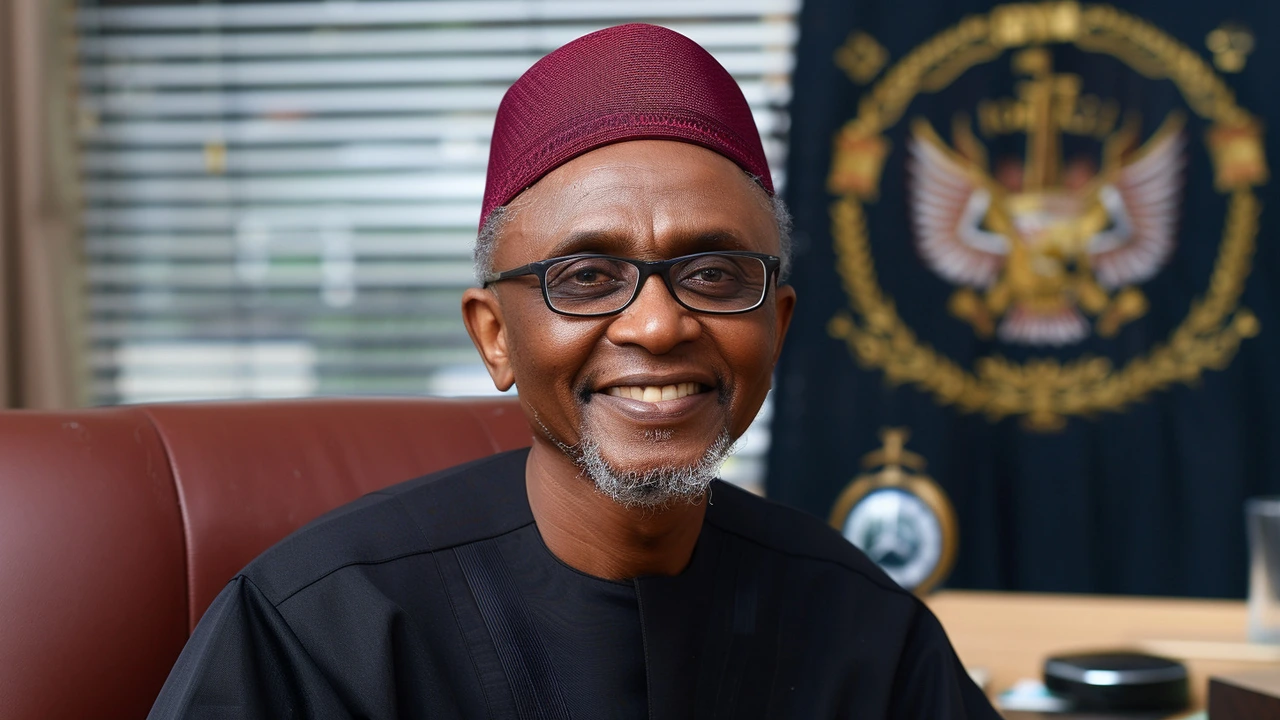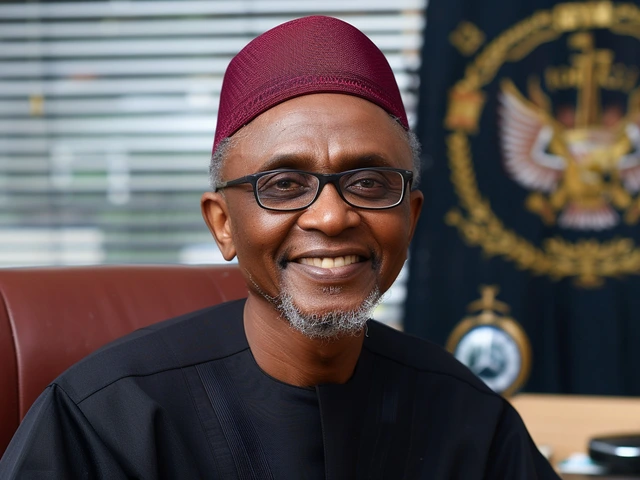
Kaduna Faces Devastating Project Abandonment Amid Allegations of Misuse of Funds by El-Rufai
Allegations Against Former Governor Nasir El-Rufai
The former governor of Kaduna State, Nasir El-Rufai, is facing serious allegations from the Kaduna State House of Assembly. The Chairman of the Ad Hoc Committee, Henry Marah, has come forward with claims that 60% of all projects in the state—despite being fully funded—have been left abandoned since El-Rufai's tenure. His accusations do not stop at abandonment; they also touch upon systemic corruption and financial mismanagement during El-Rufai's time in office.
Unaccounted For Funds and Misuse of Loans
Marah’s accusations are grave. He claims that the funds for these abandoned projects came from various multilateral development banks through credit facilities. These loans were supposed to be channelled into developmental projects aimed at improving the state's infrastructure and services. Astonishingly, Marah alleges that the funds were not used for their intended purposes and remain unaccounted for. It suggests a glaring misuse of public resources that were meant for the betterment of the population of Kaduna State.
In a further twist, Marah claims that funds were siphoned in ways that there were activities with no tangible output. He suggests that the governor's administration took credit from banks ostensibly for public welfare without any significant development actually taking place. This, he says, signifies organized and merciless looting of the state treasury.

Shadow of Corruption
The vast nature of the allegations points to an extensive network of financial discrepancies. Marah explained that when El-Rufai assumed office in 2015, he inherited domestic debt from the previous administration. However, this debt was soon wiped off, leaving the new administration a fresh start with roughly N3 billion available to kickstart its projects. Despite this financial leeway, his administration allegedly became enmeshed in corrupt practices rather than focusing on the promised developmental projects.
Marah's committee uncovered that the loans acquired during El-Rufai's time as governor often lacked the requisite transparency and were not approved by the Assembly. Some loans, according to Marah, were unauthorized and involved the forgery of lawmakers' signatures. This systemic irregularity implies a deeply rooted scheme to ensure funds were available for purposes other than those stated.
Call for Anti-Corruption Action
Taking the next steps, the report from Marah's committee has been forwarded to anti-corruption agencies. The goal is to bring to light the alleged malpractice and ensure that those who were part of this mismanagement are held accountable for their actions. For a state seeking progress, such revelations are vital for restoring public trust and ensuring that future projects are executed transparently and effectively.

El-Rufai's Defense
However, El-Rufai himself has categorically dismissed all the allegations. Speaking out, he labelled the accusations as a politically motivated hatchet job aimed at tarnishing his image and legacy. El-Rufai upholds that his administration was built on the principles of integrity and competence, arguing that any claims stating otherwise are entirely unfounded and manufactured by his political adversaries.
Such defenses are not uncommon in political circles, particularly when corruption allegations arise. According to El-Rufai, the accusations are part of a larger agenda to destabilize the state’s politics and attack his governance. This back-and-forth reveals the complex nature of political accountability and the thin line that often separates genuine allegations of corruption from politically motivated charges.
The Impact on Kaduna State
The abandoned projects and the alleged financial mismanagement have wider implications for Kaduna State. When projects that were supposed to drive progress remain incomplete, the residents suffer the most. These projects might have included critical infrastructure like roads, hospitals, schools, and other public services that are essential for community development. The abandonment signifies not just a loss of funds but a profound lost opportunity for the state's growth.
The accusations of corruption and the subsequent political friction also paint a troubled picture of governance in Kaduna. Citizens may find it challenging to trust their elected officials when such serious claims come to light. Such an environment can hamper the effectiveness of future governments unless rigorous steps are taken to ensure transparency and accountability.

Looking Forward
As anti-corruption agencies take on the responsibility of investigating these claims, the residents of Kaduna State are looking towards a resolution. They hope for a clear, transparent investigation that will reveal any truth in the allegations and, if necessary, bring the accountable parties to justice. Whether El-Rufai’s tenure will be seen as tainted by scandal or marred by politically driven accusations remains to be seen.
It is clear, however, that the state’s future hinges significantly on the outcome of these investigations. A detailed and impartial probe could significantly influence public trust and the direction of future policies. Therefore, the actions taken by the anti-corruption agencies will likely shape the political landscape for the foreseeable future, potentially setting standards for accountability and transparency in governance.





